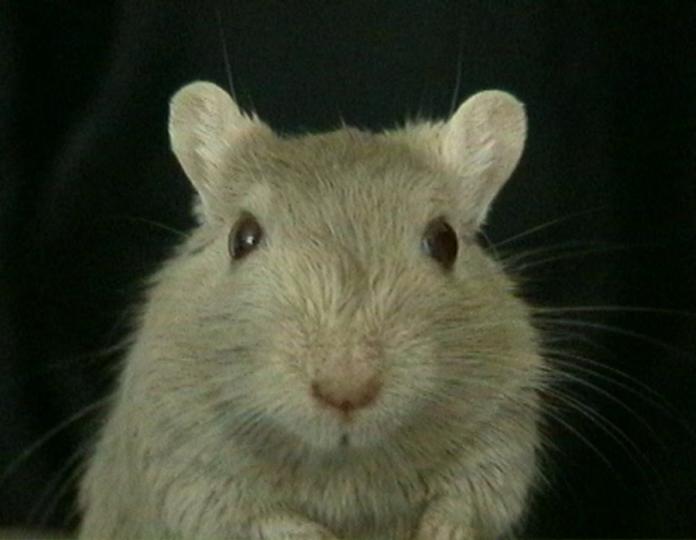Gerbil Health
 Gerbils generally are fairly healthy animals, and do not require much medical attention. However, when they do, they are fairly inexpensive, and most vets will charge a minimal amount to do a consultation. The most common ailment of a gerbil will be sore noses which can occur through rubbing them against the wires of cages. It can also occur due to an allergy to wood dust that becomes infected. In these cases, it can be treated by an ointment put on the gerbils nose. However, this can be difficult to apply, and may require assistance. Otherwise, take the gerbil by the scruff of the neck and apply.
Gerbils generally are fairly healthy animals, and do not require much medical attention. However, when they do, they are fairly inexpensive, and most vets will charge a minimal amount to do a consultation. The most common ailment of a gerbil will be sore noses which can occur through rubbing them against the wires of cages. It can also occur due to an allergy to wood dust that becomes infected. In these cases, it can be treated by an ointment put on the gerbils nose. However, this can be difficult to apply, and may require assistance. Otherwise, take the gerbil by the scruff of the neck and apply.
Another illness common to gerbils is missing teeth. This can be caused by a lack of calcium, genetic weakness, lack of sunlight, or infection. If you do not inspect your gerbil’s teeth regularly, a sign of tooth weakness can be in gerbil weight loss due to their inability to chew their food. When a gerbil loses one of its teeth, the other teeth need to be cut down every two to three weeks by the vet. This can also be done by the owner, but only after being given instruction by the vet. If they lose one of their front teeth, their food will need to be ground down until it is small enough, but not to dust. Porridge oats, shelled sunflower seeds, and soft fruits are good for gerbils with missing teeth.
External tumors can also be problematic as gerbils tend to scratch a lot. These tumors can generally be removed by a vet. Liver failure is characterized by excessive water consumptions and weight loss. The best cure for this is prevention, and providing fresh water and a balanced diet to your gerbil. Middle ear problems can be treated with antibiotics - if your gerbil starts to trip over things and look disoriented, take them to the vet. Gerbils can suffer from flu and respiratory illnesses. If your gerbil is having trouble breathing, and looking wet around the mouth, take them to the vet. These illnesses can mostly be treated with antibiotics and isolation.
Gerbils are also prone to strokes, and demonstrate similar symptoms as will middle ear infection. So if there is clumsiness or loss of coordination, take the gerbil to the vet. Gerbils are generally resistant to genetic defects, however they do occur - such as club foot and pigeon chest. If breeding, try to make sure the partners are distantly or not related. As with humans, if your gerbil is acting out of the ordinary, take them to the vet for a check-up.